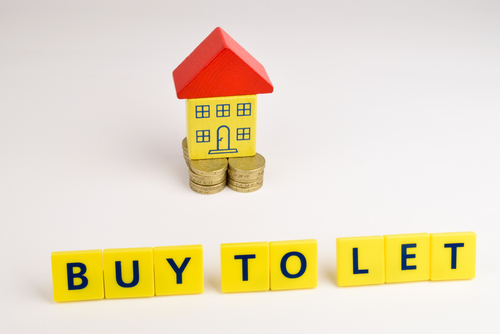An analysis of government house price data by business consultancy Hargreaves Lansdown suggests the typical mortgage term for a first time buyer has now stretched to 32 years.
This revelation emerges from Office for National Statistics data which says that in England in 2023, the average house price was £290,000 and the average annual income was £35,100 – so houses cost 8.3 times income. This is actually down very slightly since 2022, when it was 8.5 times.
The ONS affordability threshold is five times earnings – and in England and Wales we have been above this since 2002. The least affordable area is Kensington and Chelsea, where property costs 34.2 times earnings.
Sarah Coles, head of personal finance at Hargreaves Lansdown, says: “Houses are frankly unaffordable at the moment. The pandemic property boom ratcheted up the cost of property, and while wages are growing faster at the moment, they fell so far behind house prices in recent years that there’s acres of ground yet to be made up. It means buyers in England are having to find an astonishing 8.3 times their income to buy a home.
“This would be hard enough at a time of rock bottom interest rates, but the fact these have climbed so significantly means the bottom rung of the property ladder is at head height. The question is how we can stretch to more expensive properties without rupturing something important.
“Housing is considered affordable when it costs five times earnings. Across England and Wales it hasn’t been affordable since 2002, according to the ONS, and while these figures are a slight improvement from the blip of the previous two years, it still means that over time things have got worse. While earnings have doubled since 1997, house prices are four and a half times higher.
“For first time buyers, life is even tougher. For someone on the National Living Wage, working 37.5 hours a week and buying the average home, they would need to spend 14 times their annual earnings.
“When a household spends 25% of its after-tax income on the mortgage, it’s considered to be at risk of falling behind on payments. The HL Savings & Resilience Barometer shows that, by the end of 2024, one in four people with a mortgage will be in this position. Meanwhile, 390,000 will have an unaffordable mortgage and unsustainable spending, and 34,000 will have all these problems – and not enough savings to protect them.”
Coles continues: “Increasingly, buyers are stretching their mortgages over longer periods to make the monthly payments more affordable. The average first-time buyer mortgage has now stretched to an incredible 32 years. In many cases, it’s a sensible step to make a home more affordable. However, you need to be aware of the cost.
“By paying the debt for longer, it means paying more interest, so the mortgage is more expensive overall. You also need to consider the fact you will be paying the debt off later in life. If you had planned to use your 50s and 60s to patch any holes in your retirement finances, it’s worth bearing in mind that this will be much harder if you’re still carrying a mortgage at the time.
“If you’re planning to buy, the best protection from being overstretched is to build as big a deposit as you can manage. It’s worth getting all the help you can from wherever it’s available - whether that’s from the Bank of Mum and Dad, or by saving into a Lifetime ISA and getting a 25% bonus of up to £1,000 a year from the government. Nothing will make buying a property a doddle while affordability is so stretched, but the less you have to borrow to get you there, the less vulnerable you will be.
“If you’re a second-stepper, one key is not to throw everything you have into it. It’s essential to consider your broader retirement resilience at times like this. It means ensuring you don’t spend all your emergency savings, and don’t neglect pension contributions. Buying a bigger home may make you feel more secure, but if you do it at the expense of other long term plans, it could actually end up damaging your overall financial resilience.”






















Join the conversation
Be the first to comment (please use the comment box below)
Please login to comment